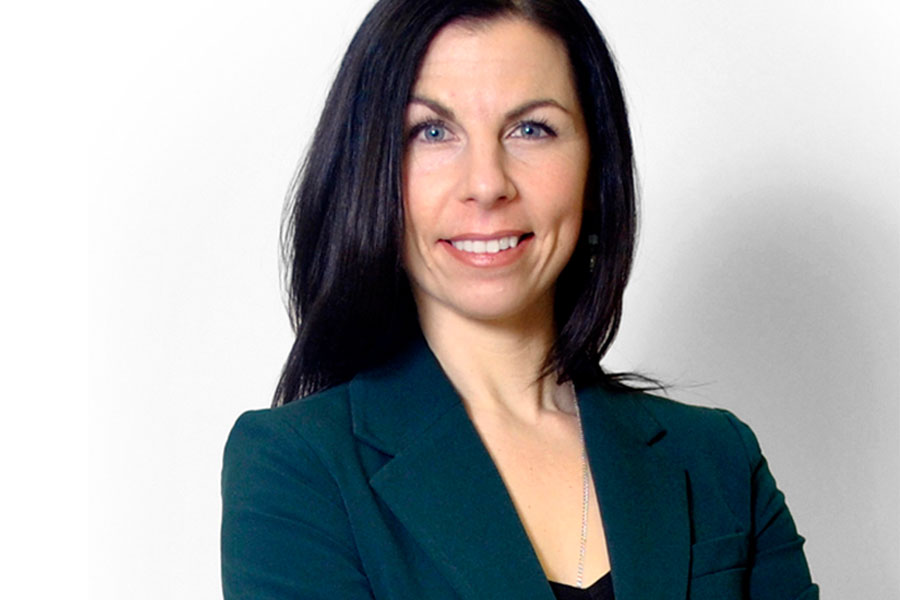Board students
A new class in the Edwards School of Business is connecting students to the community while they learn the ins and outs of board governance.
By Lesley Porter The Governance and Leadership Development Practicum provides senior-level students with a mentor from, and an internship with, a local non-profit or community-based organization (CBO), explained Chelsea Willness, the Edwards faculty member who created the course. From September to April, students serve on an organization's board of directors alongside their mentors, gaining experience in organizational governance.
The Governance and Leadership Development Practicum provides senior-level students with a mentor from, and an internship with, a local non-profit or community-based organization (CBO), explained Chelsea Willness, the Edwards faculty member who created the course. From September to April, students serve on an organization's board of directors alongside their mentors, gaining experience in organizational governance."A lot of our students, like anyone in professional fields, will end up serving on boards," said Willness. The goal is to build their general knowledge of board governance in areas such as leadership, intergroup collaboration and decision-making, along with an understanding of the relationship between the oversight and management of an organization.
The philosophy of the course, she said, is about building capacity for both the student interns and the organizations involved, and for community more broadly. A younger professional workplace demographic means a lack of board and leadership succession, particularly in CBOs and the non-profit sector, she said. Meanwhile, students who aspire to one day serve on a board need to be prepared to fill in the leadership gap. If students can assist these organizations while gaining practical, hands-on experience, it is win-win.
"Merging those two things together seems like a really great opportunity for both parties."
To participate in the class, both students and the organizations must apply. An advisory council comprised of current and former students, colleagues and faculty in governance, and representatives from CBOs helps with the selection of participants and with the structure of the course. The advisory council model is another innovative aspect of the course, Willness said.
Student applicants are typically entering their final year of the Bachelor of Commerce program and must demonstrate a passion for serving their community. "We're looking for people who really fit the values of the course and who will get the most out of it and have something to contribute."
The advisory council similarly screens interested boards. Every effort is made to match students with boards based on interests and areas of study. Once matched, the students work alongside their mentors and serve as non-voting board members, participating in regular board and committee meetings.
The course has a classroom component as well where students learn about governance fundamentals, strategy, risk mitigation, finances and budgets, board composition, and leadership, aspects that are crucial for contributing to a board and understanding how organizations are run, said Willness.
Many of her colleagues from Edwards also assist with the course, as they are interested in the topics and in helping students while they serve the sector. "The level of input and engagement from other faculty, I think, is not typical— people stepped up voluntarily to contribute their time and expertise to this course and it's just been amazing," she said.
The course will continue to grow and evolve. Willness expects changes could include opening it up to graduate students or to students in other colleges who may benefit from the internship opportunity.
So far, feedback has been positive. The boards are appreciative of the interns' involvement, and the students are keen to build on their skills and work on real issues in the community. Many students have even reported a confidence boost they have felt as a result of their participation, and a deeper connection to the community around them.
Plus, added Willness, entering the work world with this experience under their belts—not to mention contacts and a professional network to lean on—is a nice advantage for students.
Lesley Porter is a communications co-ordinator with Advancement and Community Engagement.

